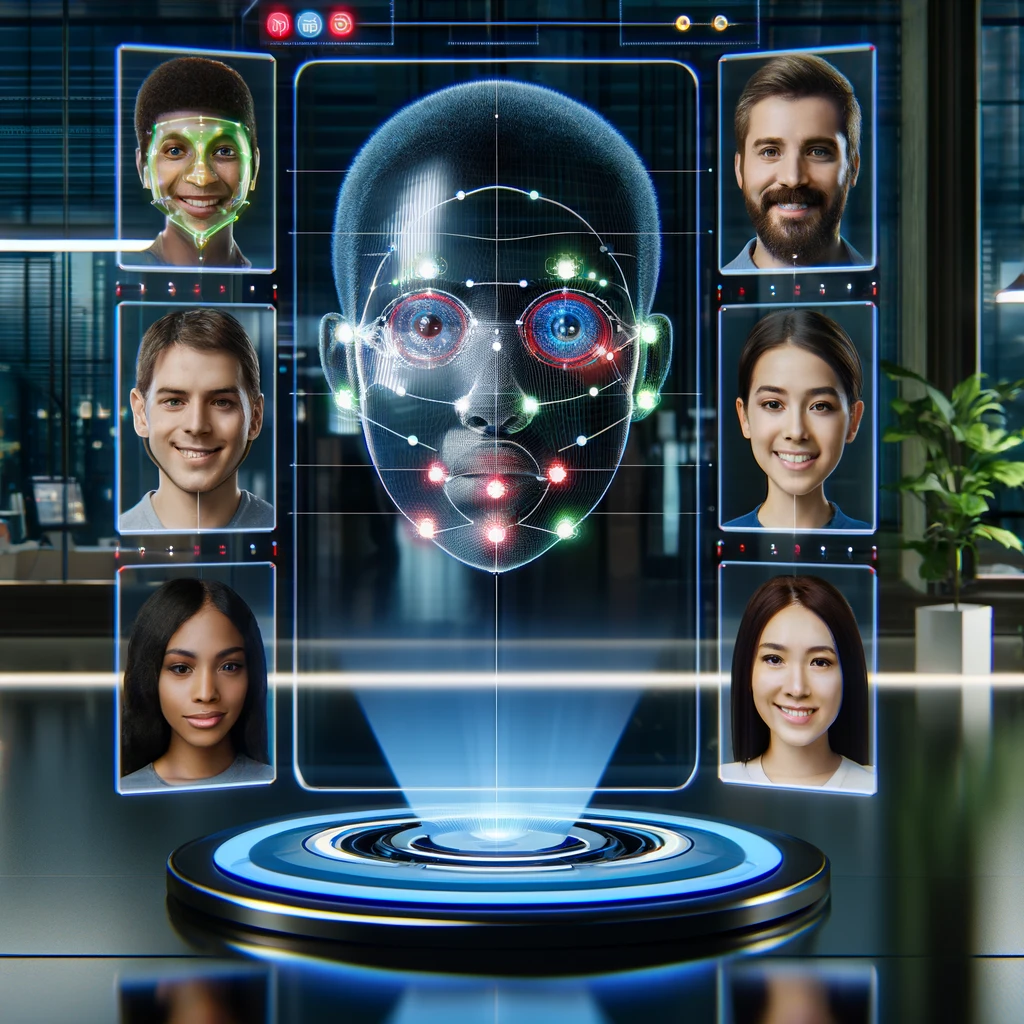In the age of digital transformation, the education sector is not left behind. With the rise of online learning platforms and digital assessments, there’s an increasing concern about students cheating during online exams. But what if there was a way to monitor students’ emotions during an exam to detect any suspicious behavior? Enter Emotion AI, a technology that’s making waves in various industries, including education.
What is Emotion AI?
Emotion AI, or facial emotion recognition software, uses artificial intelligence and cutting-edge algorithms to detect and determine human emotions based on facial expressions. As described by MorphCast, a leading provider of facial emotion detection software, this technology can evaluate non-verbal reactions and responses in real-time. By analyzing facial expressions, deep learning AI can determine basic emotions such as sadness, happiness, anger, disgust, fear, surprise, or contempt.
How Can Emotion AI Prevent Cheating?
- Real-time Monitoring: With Emotion AI, it’s possible to monitor students in real-time during an online exam. Any sudden or unexpected emotional reactions can be flagged for further review. For instance, if a student suddenly shows signs of surprise or fear when a particular question pops up, it might indicate they weren’t prepared for it or were caught off-guard, possibly due to cheating.
- Behavioral Patterns: Over time, Emotion AI can learn a student’s typical emotional responses during exams. Any deviations from this pattern can be considered suspicious. For example, if a student typically remains calm during exams but suddenly shows signs of anxiety or stress, it might be worth investigating.
- Enhanced Proctoring: Traditional online proctoring methods rely on monitoring the student’s screen and physical surroundings. With Emotion AI, proctors can also gauge the student’s emotional state, adding an extra layer of security.
Benefits Beyond Cheating Detection
While the primary focus here is on preventing cheating, Emotion AI has broader applications in the education sector:
- Personalized Learning: By understanding a student’s emotional reactions to certain topics or teaching methods, educators can tailor their approach to better suit individual needs.
- Feedback Mechanism: Emotion AI can provide real-time feedback to educators about how their teaching methods are being received. If a majority of students show signs of confusion or frustration, it might be an indication to change the teaching approach.
- Enhancing Student Well-being: Monitoring students’ emotional well-being can help educators identify those who might be struggling, either academically or personally, and offer timely support.
Privacy Concerns
With any technology that involves monitoring individuals, there are valid concerns about privacy. MorphCast emphasizes that their facial expression recognition software offers GDPR-compliant features, ensuring that personal data protection and people’s rights are prioritized. It’s crucial for educational institutions to ensure that any Emotion AI tool they adopt is compliant with privacy regulations and transparent about how data is used.
Conclusion
Emotion AI presents a promising solution to the challenge of cheating in online exams. While it’s not a silver bullet, when combined with other proctoring methods, it can significantly enhance the integrity of online assessments. As with any technology, it’s essential to balance its benefits with potential privacy concerns, ensuring that students’ rights are always at the forefront.
Are you interested in using AI to take online learning to the next level? Check out our article on Emotion AI in Education!




